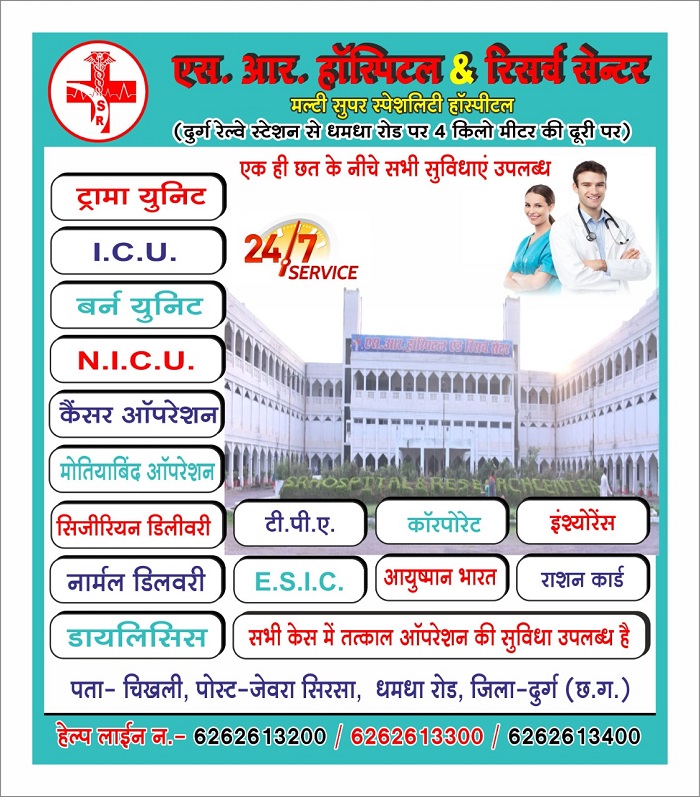Fostering Peace and Respect: The Essence of Ramadan and Eid Celebrations

Religious observance is an important part of human experience. Among these, Ramadan and Eid stand out as beacons of spiritual reflection, compassion, and communal harmony. As we delve into the significance of these sacred occasions, it becomes evident that their essence lies not only in personal devotion but also in the collective pursuit of peace, respect, and brotherhood. Ramadan, the ninth month of the Islamic lunar calendar, holds profound significance for Muslims worldwide. Observing Ramadan involves fasting from dawn to sunset, abstaining from food, drink, and worldly pleasures, while also engaging in acts of worship, charity, and self-reflection.
However, beyond its individualistic aspects. Ramadan serves as a catalyst for fostering community spirit, empathy, and respect for others. Central to the ethos of Ramadan is the concept of respecting neighbouring rights. Muslims are not only encouraged but obligated to uphold the rights of their neighbours, irrespective of their faith or background. This includes maintaining decorum during late-night prayers, ensuring minimal disruption to neighbours, and extending acts of kindness through sharing meals and provisions. By embodying these principles, individuals contribute to the creation of inclusive communities where mutual respect and understanding flourish. During the time of Prophet Muhammad, peace be upon him, there was a notable incident involving a non-Muslim neighbour who used to throw garbage at him daily. Despite facing this adversity, Prophet Muhammad continued to maintain his composure and patience. However, one day, when the neighbour did not throw garbage as usual, Prophet Muhammad became concerned and decided to visit her to inquire about her well-being.Surprised by his gesture of concern and kindness, she was deeply moved. At that moment, she realized the true character of Prophet Muhammad, who responded to her hostility with compassion and goodwill. Touched by his sincerity and empathy, the neighbour was deeply touched and began to reflect on her actions. This incident serves as a powerful example of Prophet Muhammad’s exemplary conduct. even in the face of adversity. Instead of harbouring resentment or seeking revenge, he chose to respond with kindness and compassion. His actions not only transformed the neighbour’s perception but also demonstrated the importance of treating others with respect and empathy, regardless of differences in faith or background. Ultimately, this encounter led to a positive change in the neighbour’s attitude, as she began to view Prophet Muhammad with newfound respect and admiration. It highlights the transformative power of kindness and serves as a timeless reminder of the importance of reaching out to others with compassion and understanding, even in the face of adversity
Eid-ul-Fitr, marks the end of Ramadan and is celebrated with great fervour and joy by Muslims around the world. However, beyond its revelry, Eid holds a deeper significance as a testament to the values of peace, harmony, and brotherhood. As Muslims prepare to celebrate Eid. it is incumbent upon them to uphold the aforesaid principles that lie at the heart of their faith. Eid serves as an opportunity to strengthen bonds with neighbours and communities, transcending cultural and religious differences. Through acts of kindness, generosity, and compassion, individuals can foster an atmosphere of inclusivity and mutual respect. thereby enriching the fabric of society. This includes organizing community Iftars and Eid gatherings where individuals of diverse backgrounds can come together to share meals, exchange greetings, and celebrate each other’s traditions.
We should encourage individuals to perform acts of kindness, such as visiting neighbours, sharing homemade treats, or offering assistance to those facing hardship. As Ramadan culminates in the celebration of Eid, let us embrace the values of peace, respect, and brotherhood that define these sacred occasions. By embodying the spirit of Ramadan throughout the year and extending gestures of goodwill to our neighbours irrespective of their faiths, we can contribute to the creation of a more compassionate and inclusive society. May this Eid be a time of joy, unity, and renewed commitment to fostering understanding and respect among all individuals, regardless of their background or beliefs.
Resham Fatima
International Relations, Jawaharlal Nehru University




